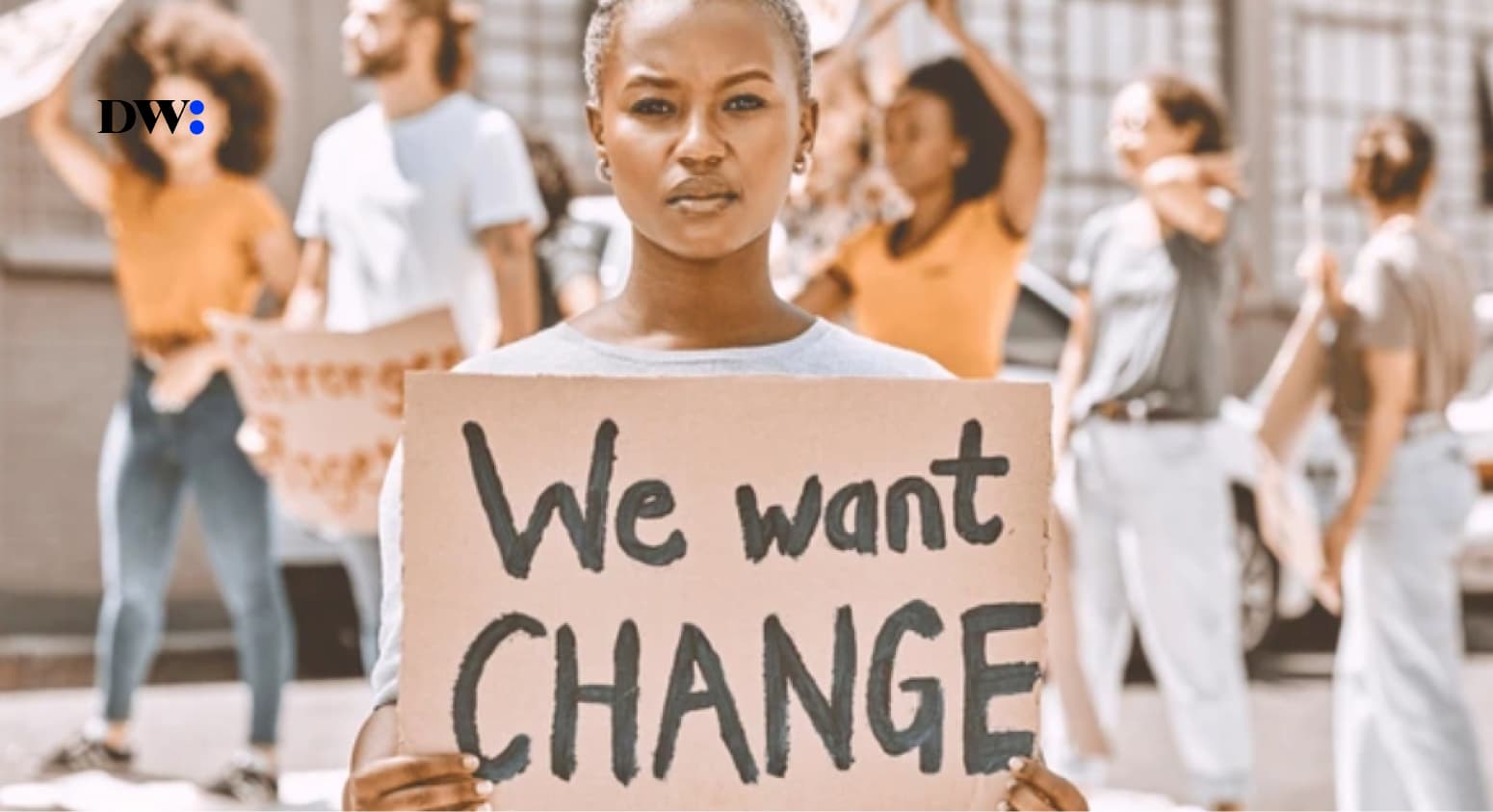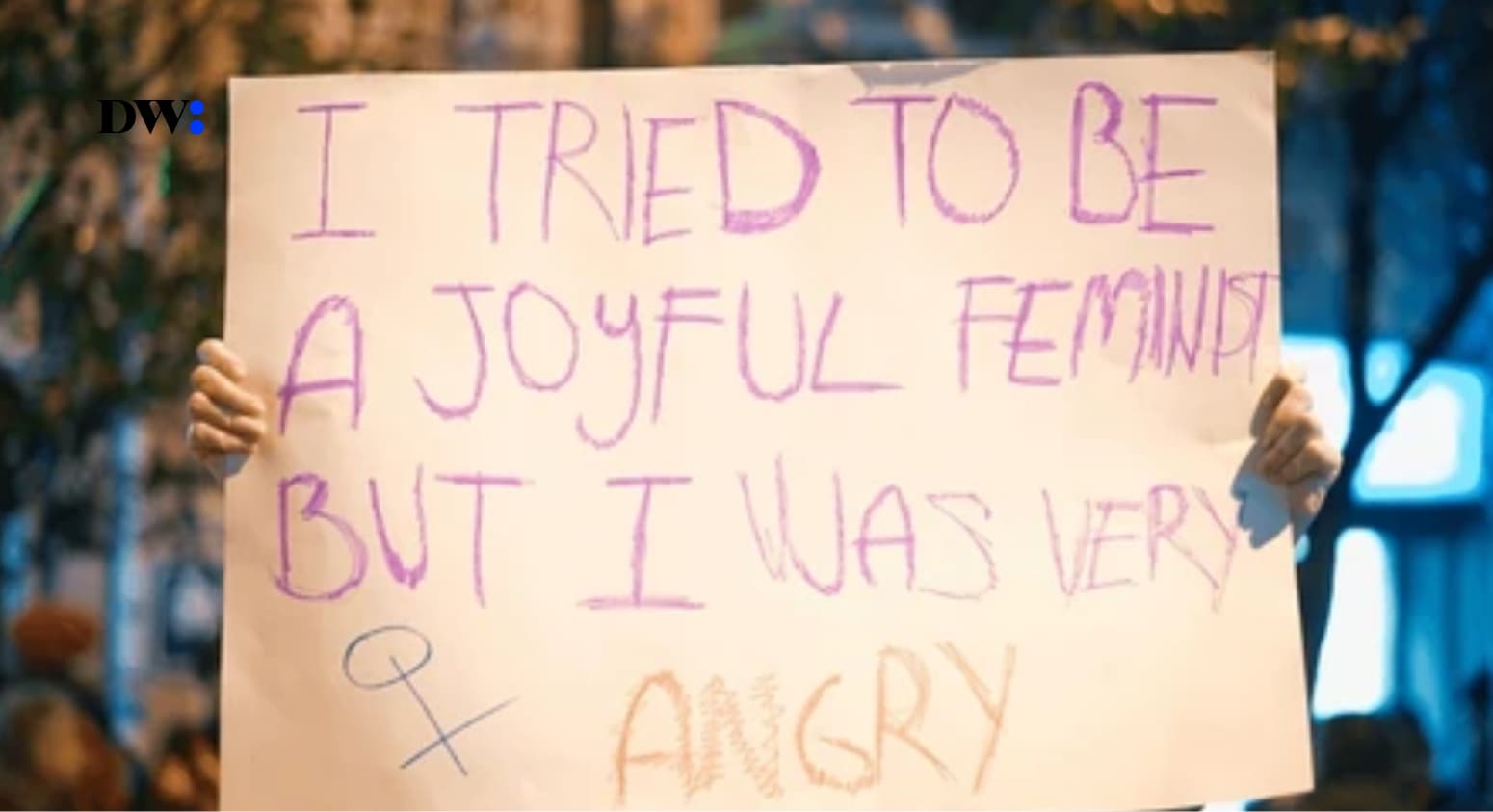According to UNICEF, 1.8 billion people menstruate and they are unable to safely manage their menstrual health healthily. The start of menstruation often signifies a new phase and exposure to new vulnerabilities among adolescents. This leads to stigma, harassment and social exclusion during menstruation.
When women and girls can safely manage their monthly menstrual cycle in privacy and with dignity, it leads to better improvement of their health and psychosocial well-being. However, those who lack access to adequate management facilities and supplies experience stigma and exclusion from social activities while also lagging in social, educational and economic opportunities.
The Nigeria Multiple Indicator Cluster Survey sampled a total of 33,195 women aged 15-49 across the 37 states in Nigeria to better understand how women and girls manage their menstrual hygiene and if they face exclusion from social activities.
A total of 97 per cent of the women reported that they used the appropriate materials for menstruation. Appropriate menstruation materials include reusable menstrual products like reusable pads, period underwear and menstrual cups and non-reusable menstrual products like disposable pads and tampons.
At least 41.3 per cent of the women used reusable products while 55.6 per cent used non-reusable products. When measuring the percentage of women who preferred reusable and non-reusable materials across geopolitical zones, 49.6 per cent of women in the North Central used reusable products and 47.3 per cent used non-reusable products.
68.5 per cent of women in the North East used reusable products and 27.5 per cent used non-reusable products, 69 per cent of women in the North West used reusable products and 26.6 per cent used non-reusable products, 17.7 per cent of women in the South East used reusable products and 79.3 per cent used non-reusable products.
18.5 per cent of women in the South South used reusable products and 78.9 per cent used non-reusable products and 19.3 per cent of women in the South West used reusable products and 78.8 per cent used non-reusable products. A total of 92.8 per cent also reported that they had a private place to wash and change while they were at home.
A total of 16.6 per cent of the women didn’t participate in social activities, school or work during their menstruation with 16.2 per cent not participating in the North Central, 22.7 per cent in the North East, 16.7 per cent in the North West, 16.8 per cent in the South East, 21.1 per cent in the South South and 9.6 per cent in the South West.
Communities with gender inequalities, cultural taboos, discriminatory practices, and a lack of basic amenities like sanitary products and toilets can lead to a decline in menstrual health and hygiene. As we celebrate menstrual hygiene awareness month, we must ensure that interventions that promote safe menstrual hygiene practices are implemented in communities where they are lacking. This can help in promoting dignity, and confidence and strengthen sexual and reproductive health among teenagers.





